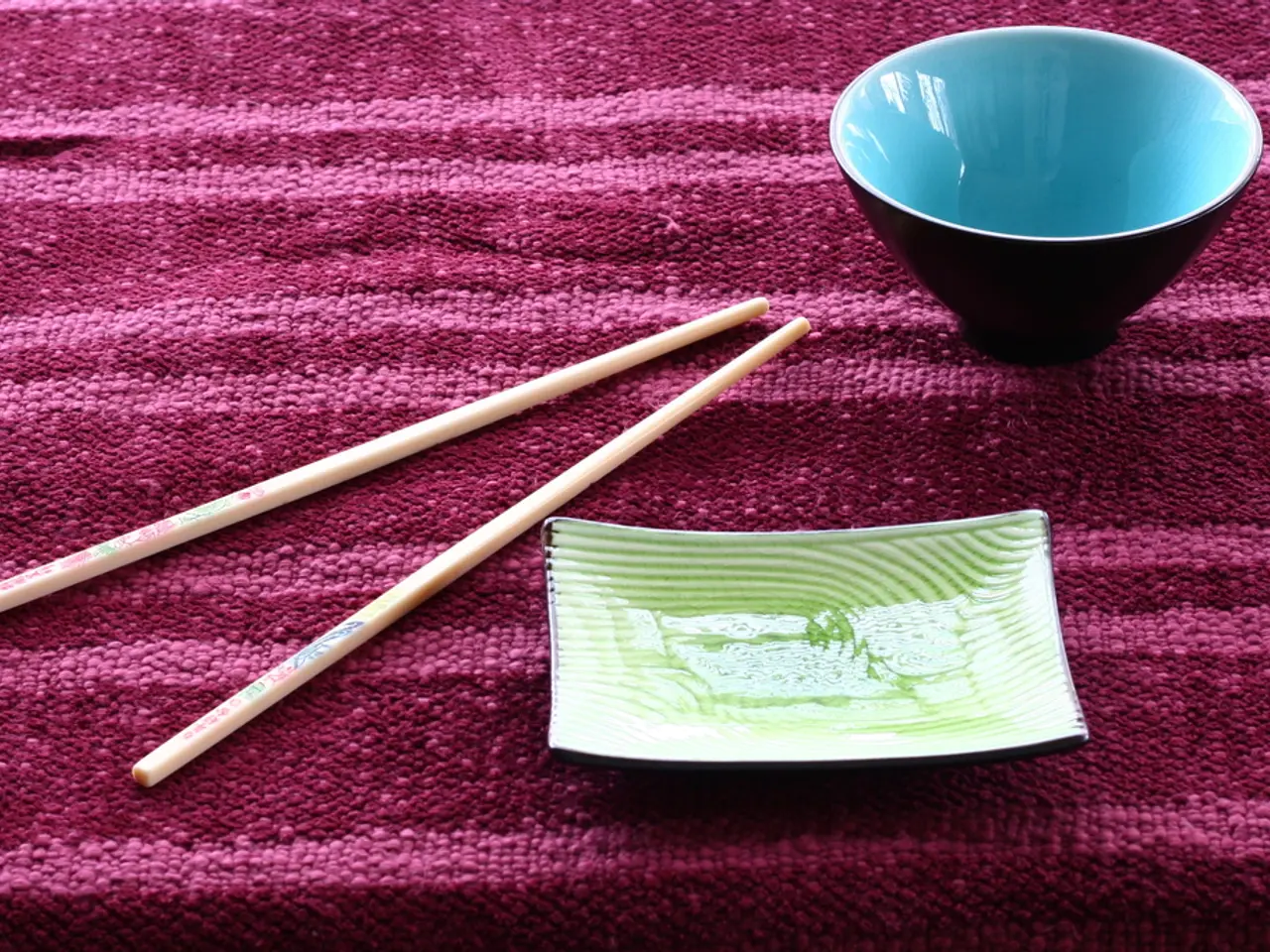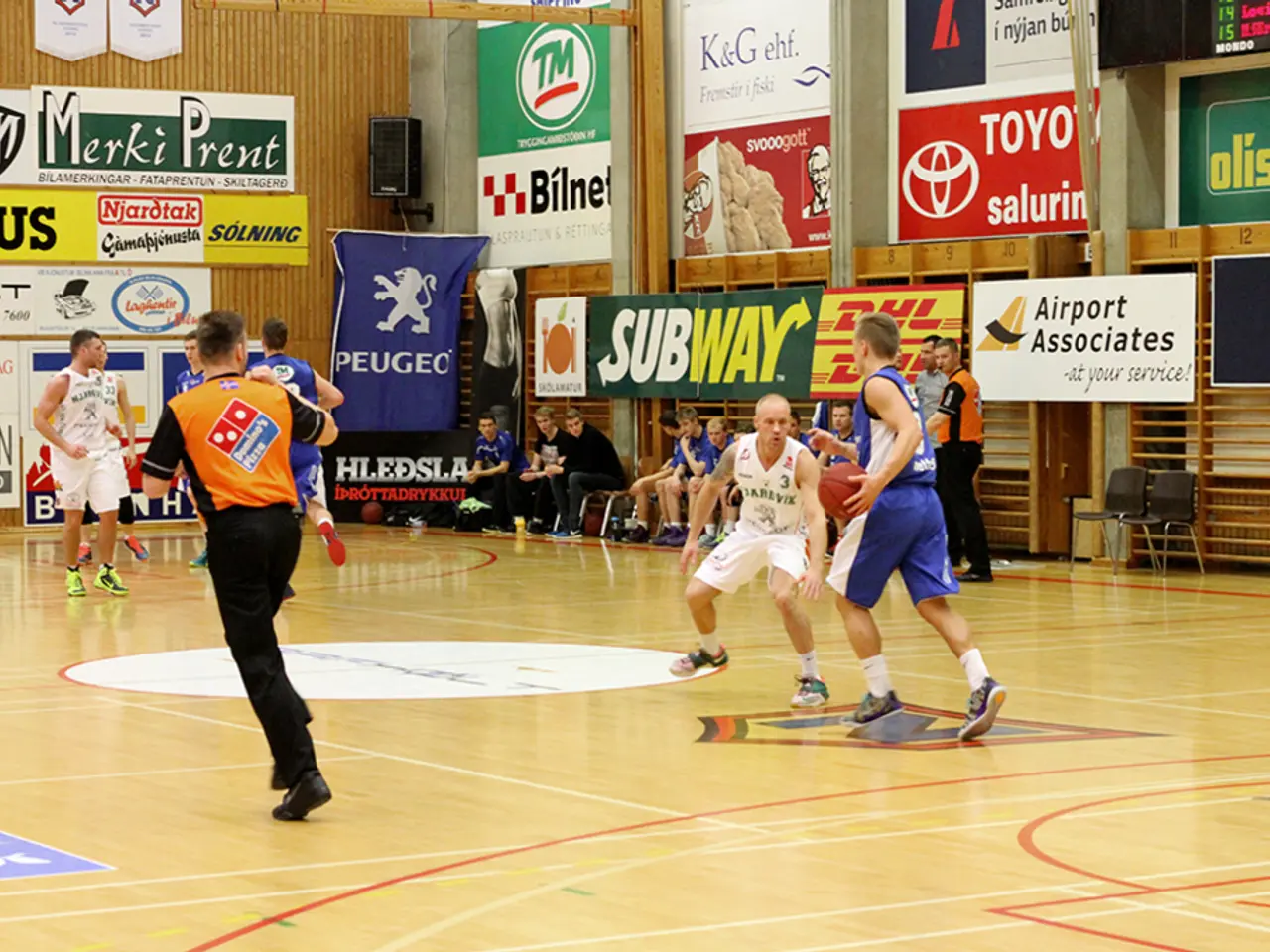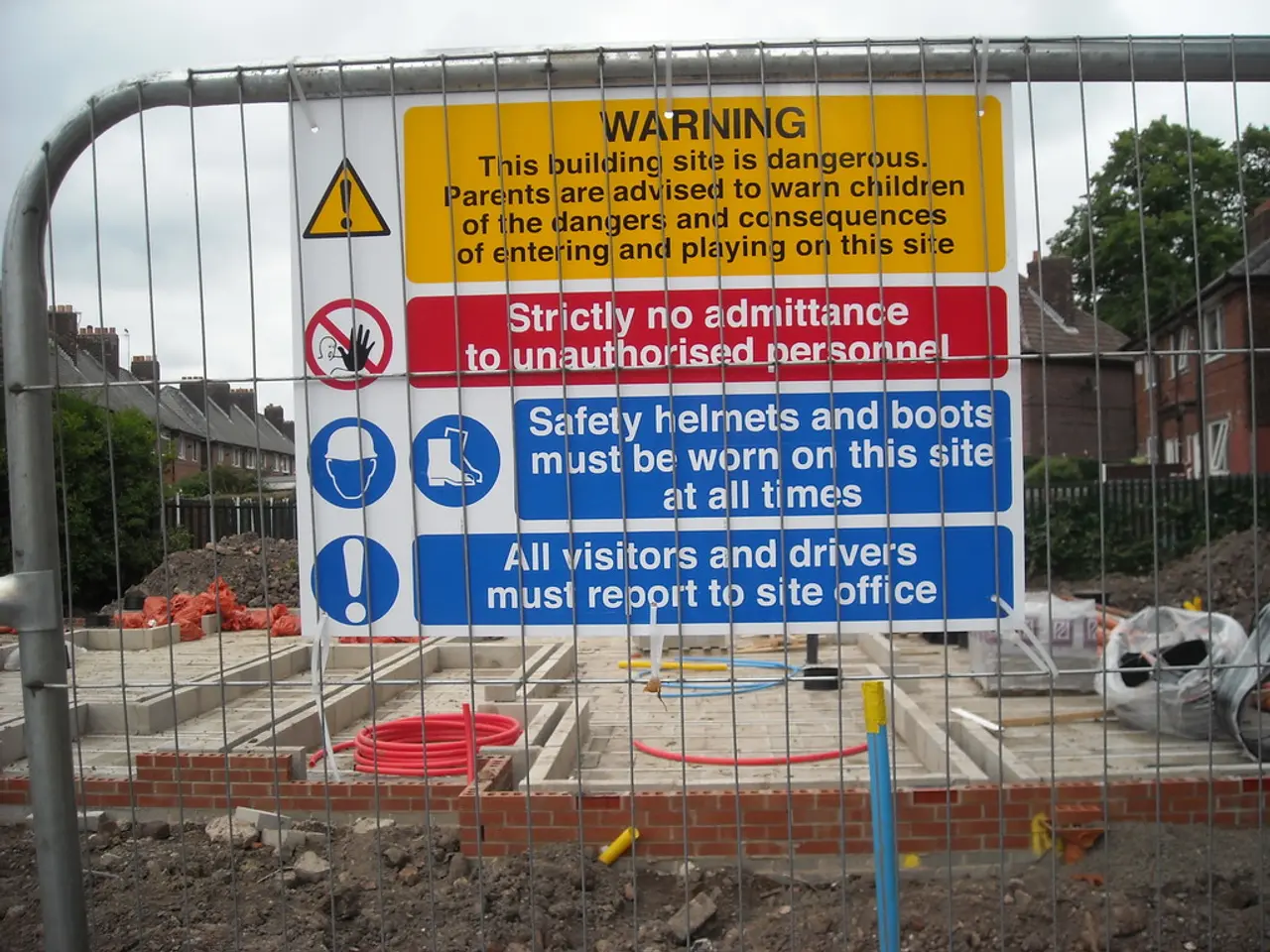Deepening cooperation between Japan and Southeast Asia in wastewater management initiatives
In a bid to improve sanitation and address sewage issues in Indonesia, Japan is deploying its advanced wastewater treatment technologies in Jakarta and surrounding areas. The focus is on the Johkasou system, a modular and self-contained sewage treatment plant, which offers efficient, compact, and localized solutions [1][3].
Daiki Axis Indonesia is implementing Johkasou-type sewage treatment plants (STPs), ideal for decentralized wastewater management. These modern facilities offer compact and efficient operation, facilitating wastewater recycling and improving sanitation [1][3]. The project, a joint venture between Japanese companies like Obayashi Corp. and JFE Engineering Corp., and Indonesian companies like PT Wijaya Karya (Persero) Tbk., began installation work in 2023 [4].
The facility in Jakarta is a grant aid project under Japan's Official Development Assistance (ODA) program and was built by a joint venture of Kubota Construction Co. and Metawater Co., Ltd. [5]. It incorporates water treatment technologies designed by Metawater, specifically for developing countries [6].
Japan is not only focusing on the treatment process itself but also on human resources development. Indonesian engineers are invited to Japan for a study tour before construction begins [7].
The sewage infrastructure in Southeast Asia, particularly in Indonesia, struggles to keep up with demand. To address this, Japan adopts a basic approach of conducting field surveys, engaging in dialogue, and offering tailored solutions to meet each country's unique needs [8].
Meanwhile, local governments in Japan are taking innovative steps to spark public interest in their sewage systems. In Otsu City, Shiga Prefecture, manhole covers feature Pokémon characters to promote local information, while the Tokorozawa City Waterworks and Sewerage Bureau in Saitama Prefecture installed manhole covers featuring the popular anime Mobile Suit Gundam: The Origin [9].
The first public sewage facility in Phnom Penh, Cambodia was completed in 2023, marking a significant step forward in addressing sewage issues in Southeast Asia [10]. The facility was attended by Cambodia's Prime Minister, Hun Manet, and 3,000 neighboring residents [10].
Japan's efforts in Jakarta are part of a broader initiative to enhance proper and safe sanitation infrastructure citywide in Indonesia, aligned with national development and Sustainable Development Goals. Japan's technology complements these broader projects by providing cutting-edge treatment systems that can be integrated into these efforts [2].
References:
[1] The Jakarta Post. (2021, October 27). Japan's Johkasou wastewater treatment technology comes to Indonesia. Retrieved from https://www.thejakartapost.com/news/2021/10/27/japans-johkasou-wastewater-treatment-technology-comes-to-indonesia.html
[2] Asian Development Bank. (n.d.). Citywide Inclusive Sanitation Project. Retrieved from https://www.adb.org/projects/citywide-inclusive-sanitation-project
[3] The Japan Times. (2021, October 26). Japan's Johkasou wastewater treatment technology comes to Indonesia. Retrieved from https://www.japantimes.co.jp/news/2021/10/26/national/japans-johkasou-wastewater-treatment-technology-comes-to-indonesia/
[4] The Straits Times. (2023, February 1). Jakarta's sewage system to get boost from Japan's advanced technologies. Retrieved from https://www.straitstimes.com/asia/se-asia/jakartas-sewage-system-to-get-boost-from-japans-advanced-technologies
[5] Nikkei Asia. (2022, October 26). Japan to help Jakarta solve sewage problems with advanced tech. Retrieved from https://asia.nikkei.com/Business/Business-trends/Japan-to-help-Jakarta-solve-sewage-problems-with-advanced-tech
[6] The Japan Times. (2021, October 26). Japan's Johkasou wastewater treatment technology comes to Indonesia. Retrieved from https://www.japantimes.co.jp/news/2021/10/26/national/japans-johkasou-wastewater-treatment-technology-comes-to-indonesia/
[7] The Straits Times. (2023, February 1). Jakarta's sewage system to get boost from Japan's advanced technologies. Retrieved from https://www.straitstimes.com/asia/se-asia/jakartas-sewage-system-to-get-boost-from-japans-advanced-technologies
[8] The Japan Times. (2021, October 26). Japan's Johkasou wastewater treatment technology comes to Indonesia. Retrieved from https://www.japantimes.co.jp/news/2021/10/26/national/japans-johkasou-wastewater-treatment-technology-comes-to-indonesia/
[9] The Japan Times. (2021, October 26). Japan's Johkasou wastewater treatment technology comes to Indonesia. Retrieved from https://www.japantimes.co.jp/news/2021/10/26/national/japans-johkasou-wastewater-treatment-technology-comes-to-indonesia/
[10] The Phnom Penh Post. (2023, April 1). Cambodia's first public sewage facility opens in Phnom Penh. Retrieved from https://www.phnompenhpost.com/national/cambodias-first-public-sewage-facility-opens-phnom-penh
- The efficient and compact Johkasou-type sports and wastewater treatment plants, introduced by Daiki Axis Indonesia, promise to revolutionize the sports industry and tourism, not just focusing on sanitation but also contributing to economic growth.
- The international community, particularly Japan, is increasingly aware of the role sports infrastructure, health, and environment play in fostering a sustainable global economy.
- As Japan spreads its advanced wastewater treatment technologies across Indonesia and Southeast Asia, it sets a benchmark for environmental stewardship and industry best practices in the sports sector.
- The successful deployment of Johkasau-type wastewater treatment plants is expected to boost Indonesia's standing as a potential hosting location for major international sports events, ultimately highlighting the connections between sports, business, and environmental concerns.
- With Japan's technology complementing nationwide development plans and Sustainable Development Goals, it's worth evaluating this opportunity's potential long-term impact on sports, tourism, and sanitation infrastructure in Indonesia.







